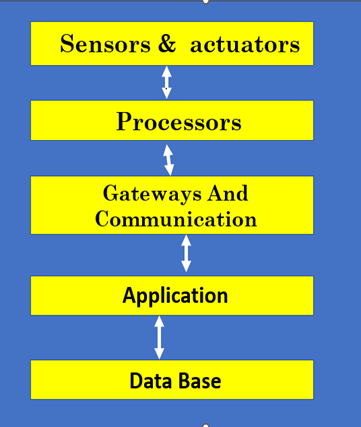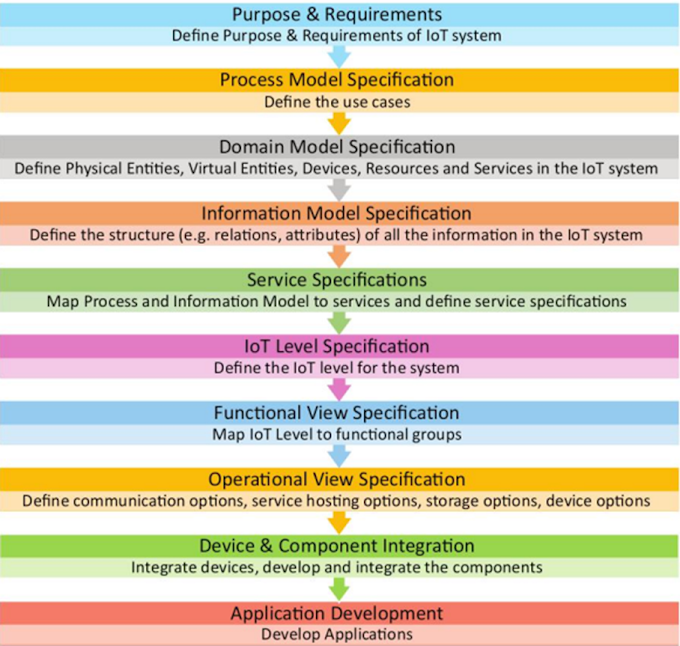INTEGRATION OF PUBLIC AND PRIVATE CLOUD.
Integrating public and private
cloudsà hybrid
cloud.
Private
cloud: Provides control, security, and customization for sensitive data and
applications.-->
Public
cloud: Offers scalability, elasticity, and access to on-demand resources
for flexible workloads.
Steps of integration of public and private clouds:
1. Identify Workloads and Data:
- Determine which workloads and data are
suitable for the public cloud or the private cloud according to regulatory
requirements, security concerns, or performance considerations.
2. Choose Integration Models:
- Cloud Bursting: dynamically scale
workloads from the private cloud to the public cloud during periods of peak
demand.
3. Implement Hybrid Cloud Management Platform:
·
A hybrid cloud management platform (CMP) to
orchestrate (the process of automating tasks to manage connections and
operations of workloads on private and public clouds.).
·
manage workloads across public and private
clouds from a unified interface.
·
Examples include VMware Cloud Foundation, Red
Hat OpenShift, and Microsoft Azure Arc.
4. Optimize Workload Placement:
- Define policies and criteria for workload
placement based on factors such as performance requirements, cost
considerations, data sensitivity, and compliance regulations.
5. Ensure Security and Compliance:
- Implement consistent security policies,
controls, and encryption mechanisms to protect data and workloads.
6. Disaster Recovery and Business Continuity:
- Implement a comprehensive disaster
recovery (DR) and business continuity (BC) strategy that spans both public and
private cloud environments.
7. Training and Documentation:
- Provide training to IT staff and users on
managing and operating workloads in a hybrid cloud environment.
Challenges of Hybrid Cloud Integration:
Complexity:
Managing two separate environments (private and public cloud) adds complexity.
Security
Considerations: Data transfer between environments requires robust security
measures to ensure data privacy and compliance.
Vendor
Lock-in: Integration between different cloud providers can be challenging,
potentially leading to vendor lock-in with a specific provider.
======================================



0 Comments